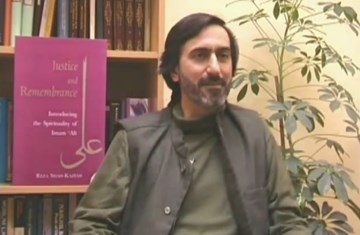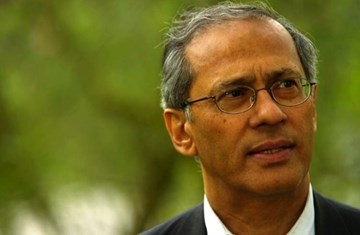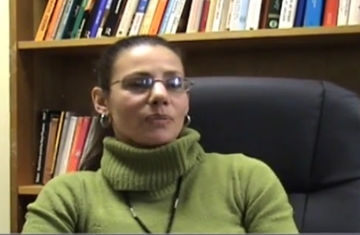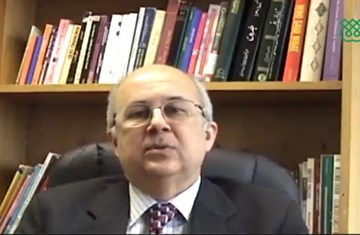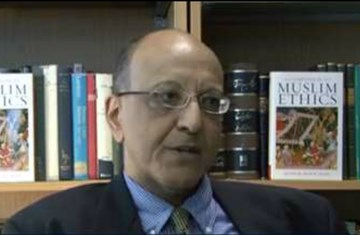Interview with Mohamed Keshavjee on Alternative Dispute Resolution
From the outset, a non-adversarial approach to dispute resolution has been favoured in Muslim tradition – drawing inspiration from the Quran and the example of the Prophet Muhammad. While the Shari‘a was to crystallise into fiqh – positive law set forth by various schools of law – principles of equity have remained vital in dispensing justice to disputants. Equity is at the heart of modern alternative dispute resolution (ADR), a response to the limits of the civil justice system in dealing with all the cases that come through it. This lecture argues that ADR can serve to bridge legal modernity in diverse Muslim contexts, balancing the need to deliver not only formal remedies but also perceived justice.
Historically, the advent of European colonialism imposed new laws on areas with Muslim populations, giving rise to new strands of Islamic law such as the Droit Musulman in Algeria and Anglo-Muhammadan law in India. Colonialism led to a truncation of the fiqh and a rupture in the historic memory with regard to law in Muslim societies. Decolonisation saw the emergence of new needs and the development of constitutions and codes in Muslim countries, based on Western colonial models and Western laws, with the incorporation of inherited principles and practices wherever possible.
One response to that state of affairs was the rise of the phenomenon of ‘Islamisation’ of laws in some Muslim countries in the 1970s, notably in the fields of personal and commercial laws. The trend has since taken more complex forms, often stirred with economic and cultural as well as political nationalism. As a result, the positive laws of such countries or their interpretation have at times come into conflict with western legal norms and those of international conventions designed to protect the human rights of the individual.
ADR today offers the prospect of revisiting some of the essential principles that underlie Muslim teachings and jurisprudence on the protection of religion (din), personhood (nafs), offspring (nasl), property (maal) and reason (‘aql). Thus tradition can serve not as an oppositional force but a resource in bridging the needs of contemporary legal systems and notions of justice, as expressed in the plurality of customs and values of the Muslim communities.
Q2. The abstract for the lecture indicates that the advent of colonialism led to a rupture in the legal traditions in Muslim societies. Could you elaborate on that?
Q3. What were the basic differences between the traditional legal systems and the modern European legal systems that came through the colonisation process?
Q4. What, in your view, are some of the limits of the present civil justice system to which ADR responds?
Q5. In one of your presentations, you have called the mediator a ‘humanising agent’. Can you please explain what is meant by this term and how you see it to be an antidote in today’s culture of litigation?
Q6. In some contexts, such as the jirga in certain tribal areas, the ADR systems have made decisions that our modern ethical sensibilities find hard to accept. How do your suggestions for ADR take account of such cases?

